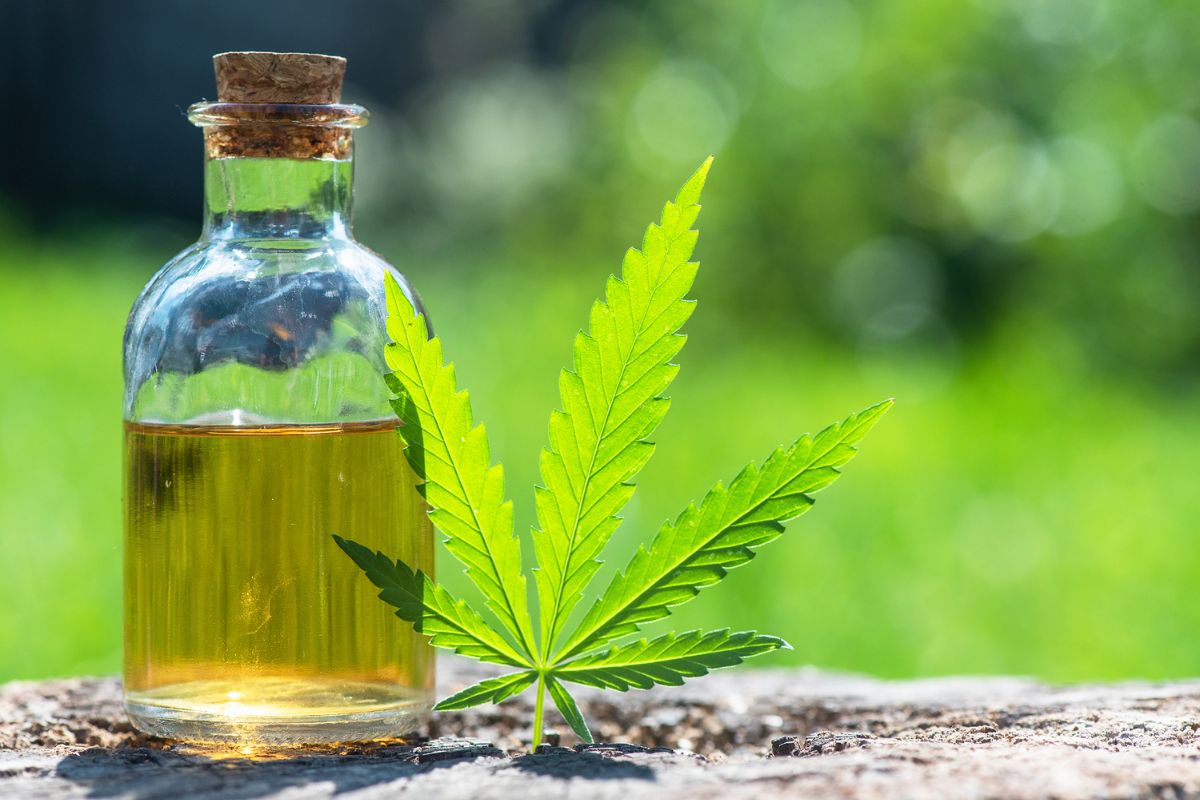In recent years the benefits of CBD oil for seniors have been widely discussed, debated, and even researched. CBD oils have three main variants based on chemical composition. These variants are CBD isolate, full-spectrum CBD oil, and broad-spectrum CBD oil. But what is CBD?
CBD is the shortened name for cannabidiol, the most notable chemical compound of the Cannabis Sativa plant. Unlike tetrahydrocannabinol (THC), CBD isn’t intoxicating and doesn’t give the highly stimulating feeling that cannabis is traditionally known for. In Layman’s terms, feeling ‘high.’

How Safe Is CBD Oil?
CBD oil is a rising and promising treatment for seniors.
It provides an alternative for older adults prescribed medical marijuana by their doctors. Medical marijuana is legal in some states, but some older people prefer not to experience the buzz or ‘high’ when taking their medicine.
CBD is non-toxic and is usually tolerated by most people with little to no side effects. However, consulting with a holistic health practitioner experienced in CBD use will help you better understand the pros and cons associated with its use.
Although CBD oil can improve the quality of life of the elderly, it also has some mild side effects. Some of the risks associated with CBD oil include the following:
- Fatigue and Drowsiness
- Diarrhea
- Dry mouth
- Reduction in appetite
- Weight fluctuation

What are the Benefits of CBD for Seniors?
There are several health benefits of CBD oil. Although research is still in development, certain studies show that CBD might become an alternative treatment option for seniors with different health conditions, such as:
1. The Benefits of CBD for Seniors with Arthritis
Arthritis is one of the significant causes of disability in the United States.
Recent reports from the Arthritis Foundation have shown that two of the most common types of arthritis — rheumatoid and osteoarthritis — may be successfully managed using CBD.
Further research has also shown that CBD helps reduce pain, improve sleep, and reduce anxiety among arthritis patients. A recent article by Forbes details some of the science that backs up these claims.
Although not many clinical studies have been conducted, the arthritis foundation has urged the FDA (Food and Drug Administration) to regulate the use of CBD products such as tinctures and topicals for arthritic pain.

2. Anxiety Disorders
Studies have confirmed that CBD may be an alternative solution for anxiety.
CBD has also been recommended for people with post-traumatic stress disorders and can be used to treat insomnia caused by anxiety.
CBD has been reported to assist with the following conditions:
- Migraines
- Depression
- Sleep disorder
- Alzheimer’s disease
- Cancer
- Multiple sclerosis (MS)
- Epilepsy
- Post-traumatic stress disorder (PTSD)
- Nausea
- Lung conditions
- Parkinson’s disease
- Asthma
3. Chronic Pain
CBD can be used for pain management too. For example, its anti-inflammatory properties help reduce joint pain associated with arthritis.
Its antioxidative, antiemetic, antipsychotic, and neuroprotective properties have made CBD a reliable option for many.
It can be used for health conditions such as lupus, nausea, post-traumatic stress, fibromyalgia, cancer pain, and even neuropathic pain.


